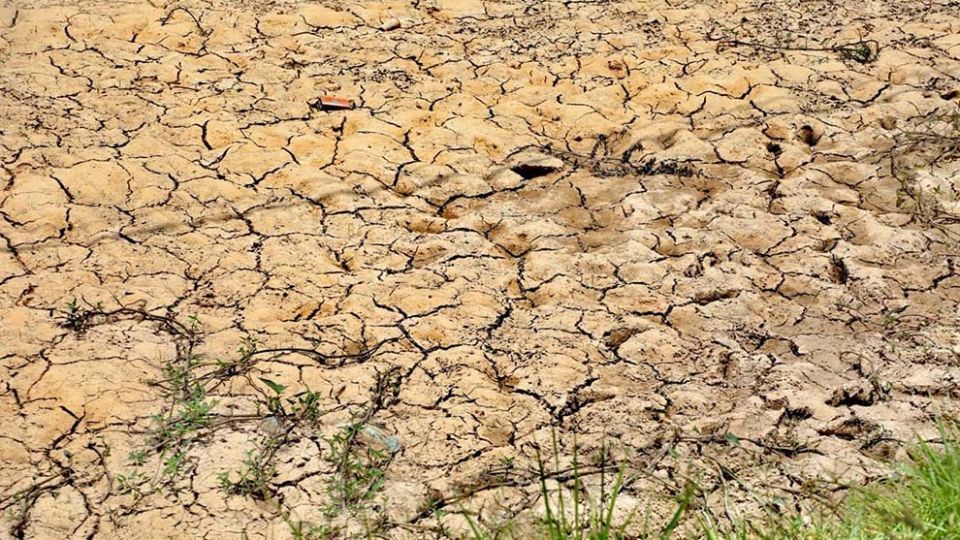August 15, 2024
PHNOM PENH – More than 300 hectares of dry season rice in Kampong Cham’s Cheung Prey and Batheay districts have been affected by a lack of water, while the flash floods in Kampong Thom province have begun to recede, reducing some of the damage to affected crops.
At least 40 of the 327 hectares of dry season rice in four communes of Cheung Prey district have been damaged due to water shortages during the rainy season. The affected communes include Trapeang Kor, Sdoeung Chey, Sampoang Chey and Pring Chrum, according to the Kampong Cham provincial administration.
“More than 300 hectares of rice in these four communes are facing a water shortage due to the dry season, as the water source is far from the area,” the administration reported.
On August 13, provincial governor Un Chanda led a team to inspect the situation and find solutions to the shortages in the two districts.
Chanda decided to release water from the Teuk Cha irrigation system in Prey Chhor district and restore some old canals.
Additionally, the provincial authorities have prepared rice seeds for farmers for replanting in areas where crops have been damaged.
Batheay district governor Phen Sophal reported that more than 5,000 hectares of dry season rice were planted across 12 communes, with about 1,000 hectares affected by the lack of water.
“The affected rice hasn’t been damaged yet, and there was some rain today. However, if it doesn’t rain for another week to 10 days, the crops may be at risk,” he said, noting that water shortages occur almost every year, though they are not usually severe.
He added that the provincial governor has instructed the provincial Department of Agriculture, Forestry and Fisheries, along with the Department of Water Resources and Meteorology, to work together to pump water and save the crops.
Provincial agriculture department director Sim Thavireak declined to comment on the matter, stating that he was in a meeting.
Meanwhile, the recent flash floods in Kampong Thom province, the hardest hit by the natural disaster, are beginning to recede.
Provincial agriculture department director Pen Vanrith reported that the floodwaters have started to withdraw after about five days without rain. However, he said the floods have already caused significant damage, affecting around 4,500 hectares of the more than 7,000 hectares of rice crops impacted.
“The water has been receding for about five days. Unfortunately, the rice that was submerged for an extended period has been damaged. As of now, approximately 4,500 hectares of rice are damaged, with most of the destruction occurring in Kampong Svay district. Only the recently flooded rice has a chance of survival,” Vanrith said.
“In Kampong Cham, some dry season rice is suffering due to a lack of water, but in Kampong Thom, we’re dealing with overflows. This is the reality of climate change,” he added.


